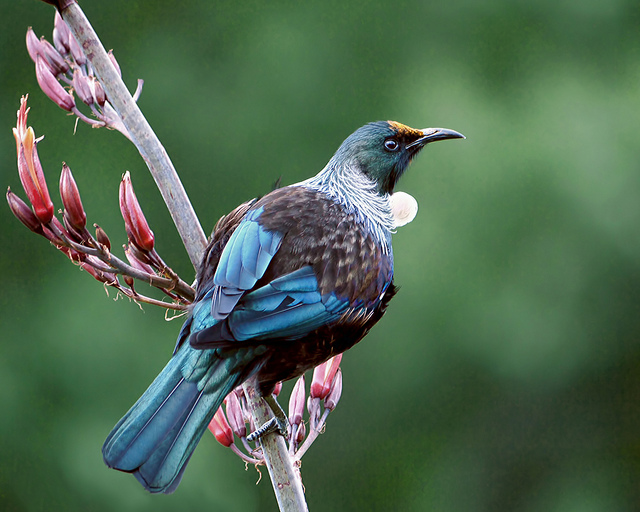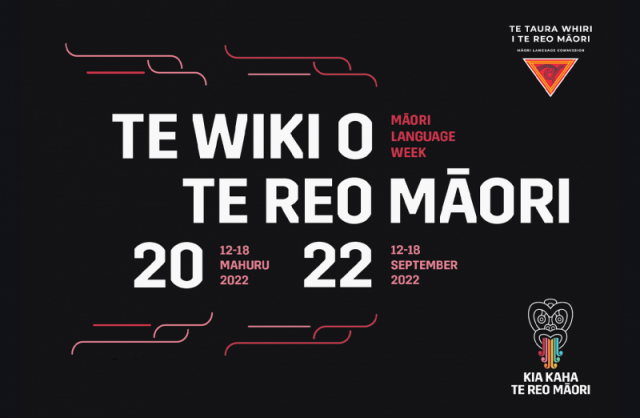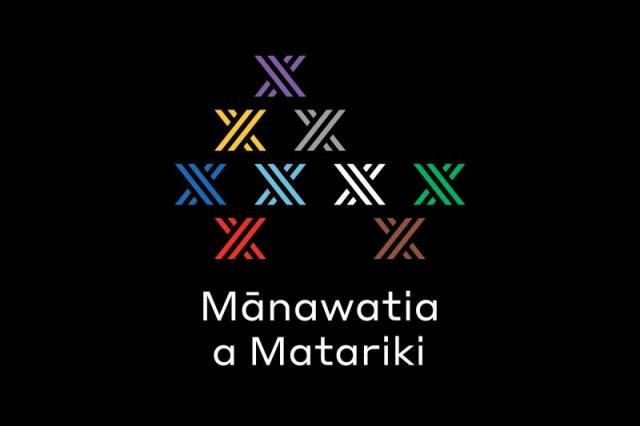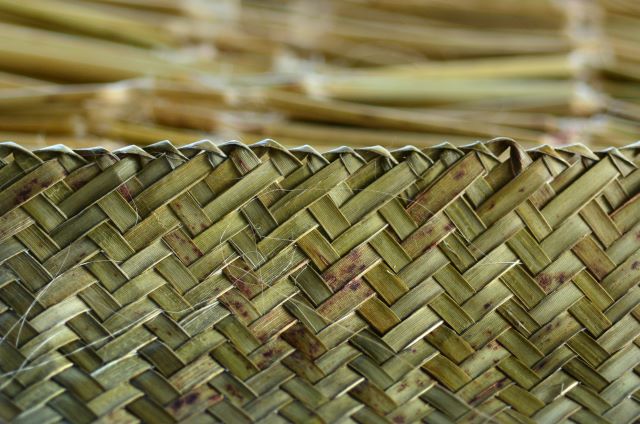UN committee calls on states to protect the rights of Indigenous women and girls
Mon 05 Dec 2022
The UN Committee on the Elimination of Discrimination against Women issued General Recommendation No. 39 calling on states to better protect the human rights of Indigenous women and girls, including addressing gender-based violence.
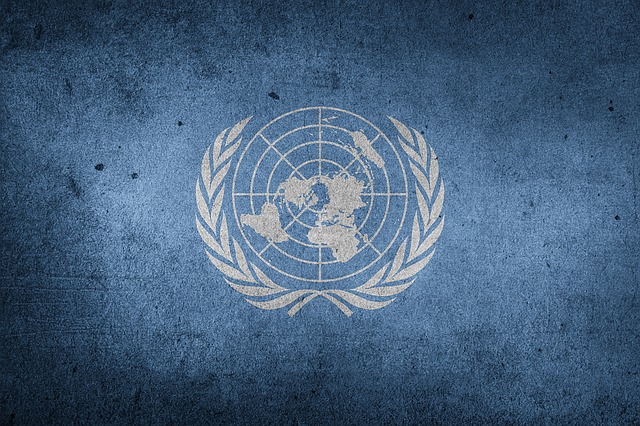
UN committee calls for states to take action
The UN Committee on the Elimination of Discrimination against Women (the Committee) issued a General Recommendation which addresses states' obligations for the rights of Indigenous Women and Girls under the Convention on the Elimination of All Forms of Discrimination against Women (the Convention).
General Recommendation No. 39 (CEDAW/C/GC/39) "identifies and addresses different forms of intersectional discrimination faced by Indigenous Women and Girls, and their key role as leaders, knowledge-bearers, and culture transmitters within their peoples, communities, families, and society as a whole."
The Committee identifies patterns of discrimination, including gender-based violence, and the factors that make discrimination worse, including a lack of access to justice.
They highlight that discrimination is often intersectional. The Committee calls on States to consider the full depth and diversity of Indigenous women's identities and the importance of Indigenous women's connection to their peoples, lands, natural resources, and culture. In paragraph 3 of the General Recommendation the Committee states:
"Intersectional discrimination against Indigenous Women and Girls must be understood taking into consideration the multifaceted nature of their identity. As Indigenous Women and Girls, they face discrimination and gender-based violence frequently committed by state and non-state actors. These forms of violence and discrimination are widespread and often remain in impunity. Indigenous Women and Girls also often have an inextricable link and relation to their peoples, lands, territories, natural resources, and culture."
In paragraphs 4 and 5, the Committee provides a more detailed explanation of the approach that States should take to prevent and address discrimination. It also says States must take an approach that:
- has a gender perspective
- is intersectional
- is intercultural
- is multidisciplinary.
The Committee examines a number of human rights and outlines specific obligations and recommendations for States under each human right. The rights addressed include:
- Equality and non-discrimination, with a focus on Indigenous women and intersecting forms of discrimination
- Access to justice and plural legal systems
- Prevention of and protection from gender-based violence against Indigenous women and girls
- Right to effective participation in political and public life
- Right to education
- Right to work
- Right to health
- Right to culture
- Rights to land, territories and natural resources
- Rights to food, water and seeds
- Right to a clean, healthy and sustainable environment.
Specific to the prevention of and protection from gender-based violence, the Committee states:
"Gender-based violence against Indigenous women and girls undermines the collective spiritual, cultural and social fabric of Indigenous Peoples and their communities and causes collective and sometimes intergenerational harm."
The Committee calls for legal systems and services that respond to Indigenous women's experience of violence saying:
"States should have an effective legal framework and adequate support services in place to address gender-based violence against Indigenous Women and Girls. This framework must include measures to prevent, investigate, punish perpetrators, and provide assistance and reparations to Indigenous Women and Girls who are victims, as well as services to address and mitigate the harmful effects of gender-based violence."
The Committee notes that this applies to all levels of the legal system and the many organisations and individuals involved in the legal system saying:
"This general obligation extends to all areas of State action, including the legislative, executive, and judicial branches, at the national, regional and local levels, as well as privatized services. They require the formulation of legal norms, including at the constitutional level, and the design of public policies, programs, institutional frameworks and monitoring mechanisms, aimed at eliminating all forms of gender-based violence against Indigenous Women and Girls, whether committed by State or non-State actors."
There are 9 recommendations specifically addressing gender-based violence for state parties. See the full text of these recommendations below.
These are part of 69 total recommendations identified by the UN Committee "calling on states to immediately develop and implement comprehensive policies to better protect the human rights of Indigenous women and girls everywhere." Many of the recommendations from the other human rights categories relate to violence against Indigenous women.
Recommendations addressing the Prevention of and protection from gender-based violence against Indigenous women and girls:
"(a) Adopt and effectively implement legislation that prevents, prohibits, and responds to gender-based violence against Indigenous Women and Girls incorporating a gender, Indigenous Women and Girls, intersectional, intercultural, and multidisciplinary perspective, as defined in paragraphs 4 and 5 of this General Recommendation. Legislation and its implementation should also adequately consider the life cycle of all Indigenous Girls and Women, including those with disabilities;
(b) Recognize, prevent, address, sanction, and eradicate all forms of gender-based violence against Indigenous Women and Girls, including environmental, spiritual, political, structural, institutional, cultural violence, and that attributable to extractive industries;
(c) Ensure that Indigenous Women and Girls have timely and effective access to both non-indigenous and indigenous justice systems, including protection orders and prevention mechanisms when needed, and the effective investigation of cases of missing and murdered Indigenous Women and Girls free from all forms of discrimination and bias;
(d) Repeal all laws that prevent or deter Indigenous Women and Girls from reporting gender-based violence, such as guardianship laws that deprive women of legal capacity or restrict the ability of women with disabilities to testify in court; the practice of so-called “protective custody”; restrictive immigration laws that discourage women, including migrant and non-migrant domestic workers, from reporting such violence; and laws allowing for dual arrests in cases of domestic violence or for the prosecution of women when the perpetrator is acquitted;
(e) Ensure that support services, including medical treatment, psychosocial counselling, professional training, as well as reintegration services and shelters are available, accessible, and culturally appropriate for Indigenous Women and Girls who are victims of gender-based violence against women. All services should be designed with an intercultural and multidisciplinary approach, as described in paragraph 5 of this General Recommendation and be vested with sufficient financial resources;
(f) Provide resources for Indigenous Women and Girls survivors of gender-based violence to have access to the legal system to report cases of gender-based violence against women. These can include transportation, legal aid and representation, and access to information in their own indigenous languages;
(g) States should act with due diligence to prevent all forms of violence, inhumane treatment, and torture against Indigenous Women and Girls who are deprived of liberty. States must ensure that when these events do occur, they are appropriately investigated and sanctioned. States should also adopt measures to ensure that Indigenous Women and Girls deprived of liberty know where and how to report these incidents. States should also prioritize policies and programs to promote the social reintegration of Indigenous Women and Girls deprived of liberty, respecting their culture, views, and languages;
(h) States must adhere to their obligations under international human rights law and international humanitarian law in situations of armed conflict, including the prohibition of all forms of discrimination and gender-based violence against civilians and enemy combatants, and harm to land, natural resources, and the environment; and
(i) Systematically collect disaggregated data and undertake studies, in collaboration with indigenous communities and organizations, to assess the magnitude, gravity, and root causes of gender-based violence against Indigenous Women and Girls, particularly sexual violence and exploitation, to inform measures to prevent and respond to such violence."
Related news: Mana Wāhine Kaupapa Inquiry
In December 2018, the Waitangi Tribunal formally initiated the Wai 2700 Mana Wāhine Kaupapa Inquiry into historical and contemporary claims of prejudice to Māori women arising from Crown breaches of Te Tiriti o Waitangi. In the claimants’ view, the central question is the denial of the inherent mana and iho of wāhine Māori and the systemic discrimination, deprivation and inequities as a result.
Six tūāpapa (foundational/contextual) hearings were held in 2021 and 2022 throughout Aotearoa. According to the Manatū Wāhine | Ministry for Women, the next step in the Inquiry is research that will form the basis of the evidence that the Waitangi Tribunal will consider in the substantive phase of hearings. The Tribunal will commission 7 research projects. The Mana Wāhine Joint Research Committee is also facilitating projects in 6 research areas independent of the Tribunal. The Joint Research Committee is comprised of representatives from the Mana Wāhine claimant community, claimant counsel, Crown counsel, Manatū Wāhine and Tribunal research staff.
E-Tangata recently republished Ani Mikaere's essay, Māori Women: Caught in the Contradictions of a Colonised Reality, that explains why the colonisation of tikanga Māori has been so devastating for wāhine Māori.
Related news
Earlier this year, the UN Special Rapporteur on violence against women, its causes and consequences, released a report on violence against Indigenous women and girls. The report presents an overview of the main causes and consequences of gender-based violence against Indigenous women and girls. It also highlights good practices and challenges to access to justice and support services. The report includes 23 conclusions and recommendations for States.
He Waka Eke Noa is a Kaupapa Māori research project on Māori understandings of family and sexual violence. It is investigating the role of Māori cultural approaches to violence prevention and intervention. The research team shared early findings from the research. This includes a brief snapshot of a selection of data from the survey which focused on lifetime experience of state neglect, failure to protect, abuse and abuse of power, racism, breaches of Te Tiriti o Waitangi, police violence, overall impact of state violence on wellbeing for Māori, and strategies to manage impact on wellbeing. Shirley Simmonds (Raukawa, Ngāti Huri, Ngā Puhi), one of the He Waka Eke Noa researchers, also presented preliminary findings from the survey in a recorded webinar. Also see all recorded videos from the He Waka Eke Noa series of online webinars.
The UN Committee on the Elimination of Discrimination against Women has released the list of issues and questions prior to the NZ Government's submission of the ninth periodic report of New Zealand. The Government's response to these issues and questions will form the 9th periodic report on New Zealand's implementation of CEDAW. This report is due to be submitted by the Government in July 2023. For more information see the Ministry for Women's information on CEDAW reporting.
Related media
The harsh and unregulated reality of online safety for indigenous women, NZ Herald, 25.10.2023
'Rampant' increase of digital harm on indigenous women, conference told, Stuff, 25.10.2023
Image: Chickenonline from Pixabay



